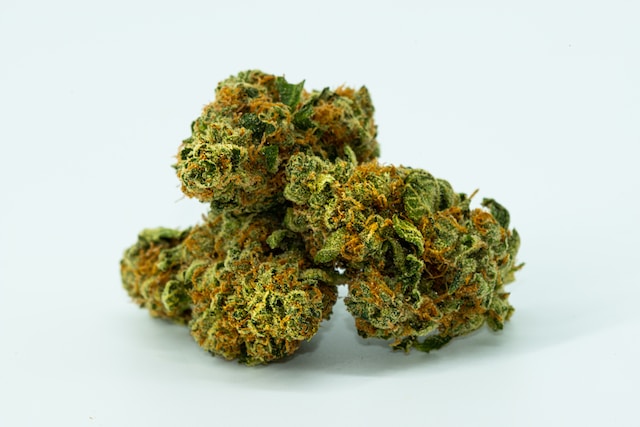Sleep disorders, particularly insomnia, can be debilitating, affecting millions of people worldwide. As the legal landscape surrounding cannabis continues to shift, many are turning to weed as a potential remedy for their sleep woes. This article delves into the question: Can weed be the key to a good night’s sleep? Exploring the current scientific understanding, anecdotal evidence, and potential benefits and considerations, we seek to shed light on this controversial topic.
The Science Behind Sleep and Cannabis: The human body possesses an endocannabinoid system that regulates various physiological processes, including sleep. Cannabis contains two primary compounds—tetrahydrocannabinol (THC) and cannabidiol (CBD)—which interact with this system, potentially impacting sleep patterns.
THC and Sleep Induction: THC, the psychoactive component of cannabis, has sedative properties that may aid in sleep induction. It has been found to reduce the time it takes to fall asleep, increase total sleep time, and promote relaxation. However, higher doses of THC can interfere with the sleep cycle, leading to disrupted REM sleep and the potential for vivid dreams.
CBD and Relaxation: CBD, a non-intoxicating compound in cannabis, is gaining attention for its potential anxiolytic properties. While limited research exists on CBD’s direct effects on sleep, it may help individuals achieve a more relaxed state, potentially reducing anxiety and promoting restful sleep. Further studies are needed to fully understand CBD’s impact on sleep patterns.
Personal Variability and Dosage: Individual responses to cannabis can vary widely, making it crucial to consider personal factors when using it as a sleep aid. Factors such as dosage, strain type, consumption method, and an individual’s tolerance and metabolism all play a role in the experience. It is essential to find the right balance and consult with healthcare professionals when necessary.
Risks and Side Effects: While some individuals may find relief from sleep issues through cannabis use, it is essential to be aware of potential risks and side effects. Regular THC use can lead to dependence and withdrawal symptoms, making moderation and responsible use imperative. Cannabis can also affect memory, cognitive function, and daytime drowsiness, which can impact daily productivity and performance.
Considerations and Alternatives: When considering cannabis as a sleep aid, it is crucial to explore alternative strategies and seek professional advice. Improving sleep hygiene, such as maintaining a consistent sleep schedule, creating a peaceful bedtime routine, and optimizing the sleep environment, should not be overlooked. Additionally, addressing underlying causes of sleep disturbances, such as stress or medical conditions, is important for long-term solutions.
Legality and Ethical Use: It is essential to adhere to legal regulations regarding cannabis use and to approach its usage ethically. Respecting local laws, understanding workplace policies, and being mindful of the potential effects on others are integral to responsible use.
Conclusion: While cannabis may hold promise as a sleep aid for some individuals, the relationship between weed and a good night’s sleep is complex. Scientific research on its effects is still evolving, and individual responses vary widely. Finding the right balance and exploring alternative strategies is key to achieving restful sleep. It is crucial to approach cannabis as a potential solution cautiously, seeking professional guidance when necessary, and prioritizing responsible use in conjunction with comprehensive sleep hygiene practices.




